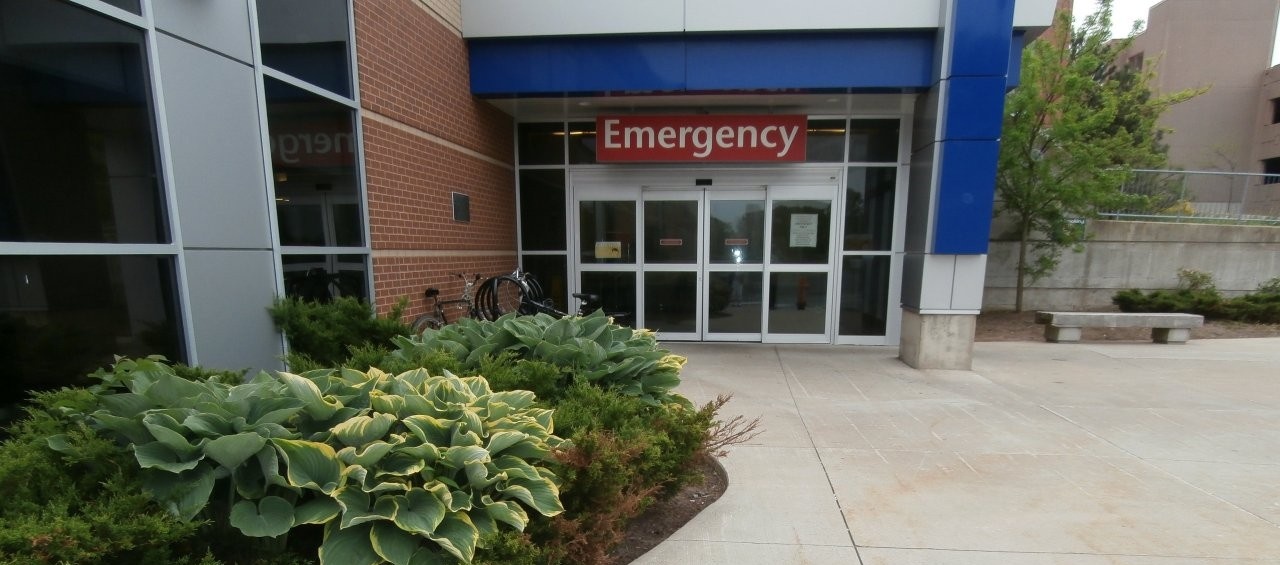Emergency Medicine Research Volunteer Program Current Studies
Current Research Studies
RAFF4 Trial: Vernakalant vs. Procainamide for Acute Atrial Fibrillation in the Emergency Department: The study takes place at 12 Emergency Departments across Canada. This study aims to determine whether IV vernakalant is a more effective, faster, and safer drug than IV procainamide in treating patients with acute atrial fibrillation in the emergency department (ED).
The study asks whether it is better to give intravenous (IV) procainamide or IV vernakalant. While both medications are approved for use by Health Canada, vernakalant is a newer drug that emergency departments across Canada have not widely adopted. This study will compare these two treatment options to see if one is better than the other.
Participants will be assigned to 1 of 2 treatment groups. Depending on which treatment group the participant is assigned to, the participant will receive either an approved dose of IV procainamide or an approved dose of IV vernakalant. After their visit, they will be contacted in 30 days by telephone.
Eligibility: A conscious adult over the age of 18 who is currently experiencing atrial fibrillation for over 3 hours and under seven days. The research assistant will be notified and continue to investigate for further inclusion/exclusion criteria for the study
Clinician Involvement:
Anyone can notify the research assistants of potential patients eligible for the study.
The attending physician will consult with the RA and review the inclusion/exclusion criteria for the participants and order the medications
The attending nurse will retrieve and infuse the medications as per study protocol.
Other opportunities for ECG and cardioversion if medication administration is unsuccessful.
Goals: We hope to enroll 340 in this study.
Canadian COVID-19 Emergency Department (ED) Rapid Response Network (CCEDRRN): Since 2020, the registry has looked at multiple factors for patients presenting to the emergency department with symptoms of COVID-19, tested positive or negative for COVID-19, and collecting data on medications, vitals, bloodwork. This registry also includes a telephone follow-up with patients screened at 30 days, 3 and 6 months, and a year since their initial ED visit on post-COVID symptoms, experiences, and vaccination statuses.
Clinician involvement: none; there is no direct patient contact for this study
Goals: We would like to publish a few publications on the data analysis of the multiple factors collected.
Understanding cannabis-related physical and mental health presentations to the Emergency Department following the legalization of non-medical cannabis use.
The study aims to investigate in-depth patients with adverse events about cannabis use requiring ED presentations, including the important determination of associated risk factors and healthcare demands. This unique collaborative Emergency Medicine and Psychiatry study will be completed in Nova Scotia at the four adult EDs (Halifax, Dartmouth, Sackville and Sydney) and the IWK Children’s Hospital ED. For the individuals who consent, in addition to the chart review data, we will collect healthcare and interview/rating scale data at the study entry and three months later. We will also retrospectively collect data on healthcare contacts 24 months before the emergency department visit for those enrolled in this part of the study. Participants will also be involved in a phone interview about cannabis use (including strain, method of use, and frequency)
Eligibility: Individuals presenting to the ED with a cannabis-related complaint from age 10+ will be offered enrollment in the study.
Clinician involvement: referral to the study
Goal: 1500 participants
